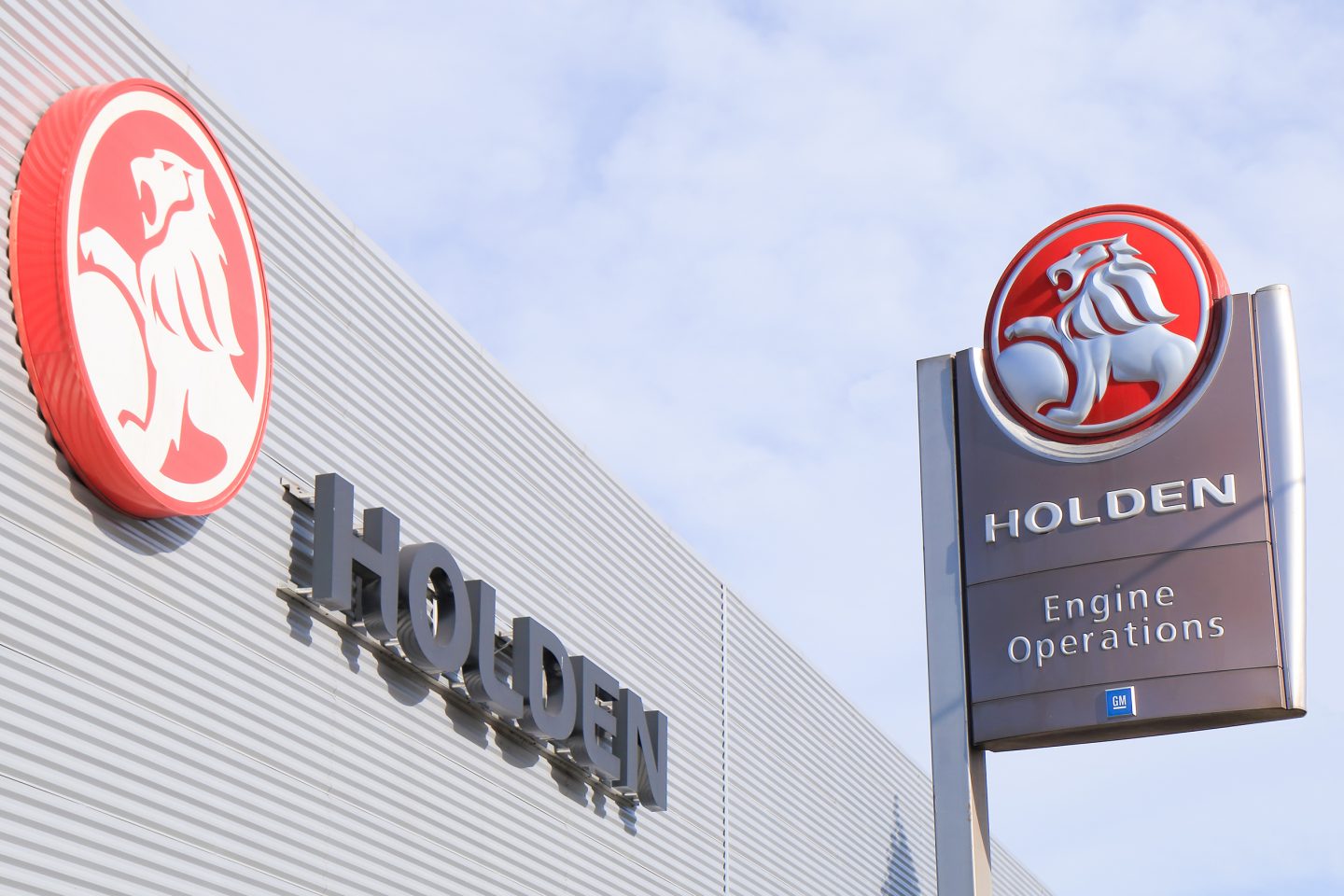
Gemma Beale
Gemma Beale is a PhD candidate at the Australian Industrial Transformation Institute, Flinders University exploring the relationship between precarious employment and industry closure.

As General Motors moves to end the Holden brand, many of its former workers are struggling to navigate an increasingly precarious labour market.
“I do miss automotive… you actually got somewhere,” says Tom*, a 57-year-old automotive supply-chain worker. “You were looking ahead, and you could plan, and you could think.”
April 2020 marks two and a half years since General Motors Holden closed its Elizabeth plant. By now the story is familiar: in 2017 Australia stopped making cars and in South Australia, 1700 workers from Holden and a couple of thousand more from the supply chain lost their jobs. General Motors has just announced 600, of the remaining 800 nationally, will lose theirs in June. The Holden brand, the company says, is no longer profitable.
In return for their anonymity a cohort of former South Australian autoworkers have generously agreed to talk to me, every six months, about job-seeking and working life after car-making. Australia has the highest incidence of temporary work in any OEDC country, and 2019 saw the proportion of our standard employment dip below 50 per cent for the first time. South Australia’s seasonally adjusted underutilisation rate sits at 15.8 per cent as of January, the highest rate on the mainland, surpassing the national seasonally adjusted average of 13.9 per cent. For these reasons, I am investigating the impact high rates of precarious employment have had on workers’ transition into new industries.
It is widely agreed that precarious work is a problem, that the stress of work-time and income insecurity can make it difficult to plan more than a roster in advance. It is also linked to mental and physical illness and long-term financial insecurity. But when we talk about precarity, we sometimes forget to talk about the alternative, about why secure work is valuable. Automotive manufacturing was some of the most secure and standardised work available to Australian workers, especially for those who might not have received a tertiary education.
People like George, who worked for the same supply-chain company for 29 years.
“I took responsibility,” he says. “Coming from a low education base, your education is part of life. How to do a job, how to talk to people, and how to organise people. It was a great job.”
A recurring sentiment throughout many of my conversations with workers is how much these former car makers loved their work. This does not mean there weren’t complaints, or they weren’t subject to some of the same doldrums that come from working at the same place, and in the same industry, for a long time. But their workplaces – Holden and supply chain companies alike – were frequently likened to family and so many are grieving that loss accordingly.
“Probably the loss of network is the biggest difference – or negative,” says James, 51, who worked as a machinist in the same factory for 13 years.
“Because you’re working with these guys – me being one of the safety reps – you’ve got their back and they’ve got your back and you know that if something happens, it was like an extended family.”
This supports research from other large-scale industry closures. But it is also, I think, significant in two other ways. First, there is a tendency to conceptualise much of this work as unskilled or unfulfilling and therefore unlikely to be missed, and that is certainly not reflected in these conversations. And secondly, because it is rare to hear people say they love their work. Part of that love can, in no small way, be attributed to the security of a job for life and the sense of being part of something bigger.
“Many people think: this is a job and they don’t care much,” says Alice, a welder for 12 years who loved to see cars she had made on the road. “But for me whenever a product comes out from my hand, I was very proud of myself.”
The significance of paid sick leave has garnered some well-deserved attention over the past few weeks as we consider the feasibility of two weeks of unpaid self-isolation for much of our population. But sick leave is just part of the story.
In a time where we celebrate young entrepreneurs launching vowel-less start-ups in light-filled co- working spaces, we are at collective risk of forgetting why long-term work stability is so important. For Lachlan, 20 years of job stability at Holden’s meant a house, a motorbike and enough superannuation to retire comfortably:
“When I was a teenager and in my early 20s, I was unemployed for a long time – never ever did I think that I would be financially, so happy,” Lachlan says. “So, to Holden’s credit, what I would say about Holden is that 20 years – almost 20 years working at Holden – enabled me to buy a house and be financially secure. That’s what I got out of Holden.”
By all accounts, the transition programs were helpful. But for those who are yet to find work or an adequate amount of work, it can be difficult. A summary report released last year indicates that of the 82 per cent of auto- workers who found work, 41 per cent from Holden and 53 per cent from the supply chain are in non-standard work.
It is especially difficult for older job-seekers who have been left to navigate a no-man’s land between the governments that insist they retrain, and apply for work, and the businesses that will not hire them. Job agencies tell them they are wasting their time, that they are just too old. Inhabiting this space is demoralising and exhausting. 61-years-old Simon was a supervisor who, six years ago, left the industry early to try and get a head-start – but he hasn’t found any work.
“I applied for anything, stacking shelves in supermarkets,” he says. “I’m over qualified. I applied for a street sweeping job, I was overqualified for that too. So I just gave up in the end. Just wasting my time.
And even the job centre that I was going to at the time they told me as well ‘don’t bother putting in anything, you’re not going to get a job’.”
These problems are not new; the negative impacts of underemployment and unemployment have been well established. What is different in this case is these workers remember an alternative.
Advances in digital technologies and automation, climate change, and the increasing globalisation of labour markets, mean that large scale job losses are going to continue, and will likely dominate the narratives of industrialised areas. Much is being invested in anchoring the future of work to an ‘agile’ (often casualised) workforce but for who’s benefit and at what cost? It is no coincidence that one of our most secure industries was also highly unionised.
The first autoworker I spoke to six months after closure told me he would go back to Holden’s “in a heartbeat”. Job loss is a structural as well as a personal story and these stories are important because they remind us what a good job can mean. That workplaces built on safety and respect can nurture a happy and healthy workforce committed to the success and growth of their company. That job stability can build community.
“I’ve got a text from the CEO because I’ve improved the thing. And that’s the whole thing: it’s not for you, it’s for everybody,” says Barry, who worked in the same ‘second family’ for 27 years.
*names have been changed

Gemma Beale is a PhD candidate at the Australian Industrial Transformation Institute, Flinders University exploring the relationship between precarious employment and industry closure.